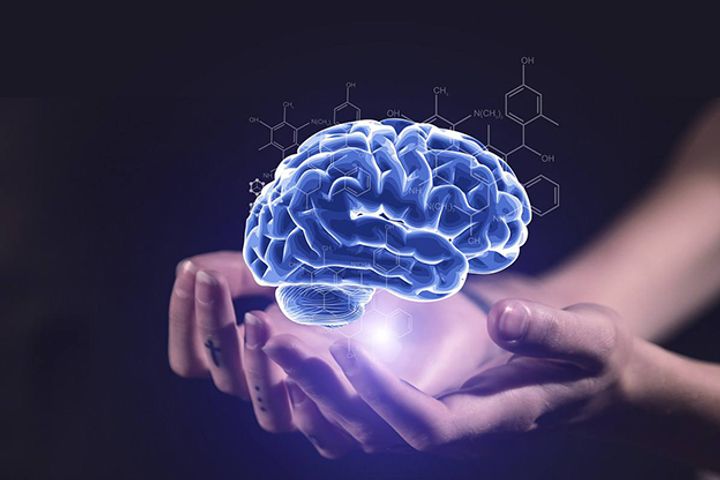 AI Improves Memory Brain and Implants Open Capital Window of Opportunity
AI Improves Memory Brain and Implants Open Capital Window of Opportunity(Yicai Global) Dec. 12 -- At the annual meeting of the Society for Neuroscience (SFN) in middle of last month, Song Dong, associate professor of biomedical engineering at the University of Southern California in the US, published his team's latest scientific research achievements for the first time: they found that they could effectively improve the memories of epilepsy patients by 15 percent to 25 percent after implanting electrodes in 20 patients' brains.
By comparing the details of brain activities and mood changes in these patients, university researchers have shown the first 'emotional map' of humans, revealing how feelings encode over time in the brain.
"It's groundbreaking work," Song told Yicai Global, "We have not officially released the report on the experiment. We are writing the neural code to enhance the function of memory."
"For Alzheimer or epilepsy patients, it could help to form new memories at the early stage of the diseases by implanting devices in their brains," he said, but it produces very little effect on the past memories of Alzheimer's patients," Song explained.
Nonetheless, Song's experiment has proved that the technique has the potential to repair patients' long-term memories. "The goal of this memory repair technique is to fix the function of the hippocampus within the brain, which is mainly to store, convert and orient long memories," Song told Yicai Global.
Though the latest findings of Song's team need to be validated by more convincing data, since if implanting electrodes in the brain can really help people with brain disease improve their memories -- even a small fraction of their memories -- this would bring enormous economic benefits for all of society.
Just because tackling human brain diseases can bring enormous social wealth, capital has poured into start-ups in artificial intelligence and neuroscience in recent years. The brain computer interface has become a veritable capital tuner, which includes the' neural lace' (human-computer brain interface) company Neuralink Elon Musk invested in. It wants to develop devices that can read human brain activity and write neural information into the brain to counter potential AI attacks on humans in the future.
Yet surgery for this human brain invasive technique is quite expensive. However, the human body's rejection of the implant is the bigger hurdle.
Even so, a brain science researcher at one university in Shanghai who has watched the whole process of implanting electrodes in the brain of a Parkinson's patient in a US hospital told Yicai Global: "Compared with cosmetic surgery, craniotomy is more humanized. American patients are lining up to have this kind of surgery, but the hospitals are too busy to perform such operations."
Currently, Abbott Laboratories [NYSE:ABT], Medtronic PLC [NYSE: MDT] and other medical enterprises are main suppliers of the equipment for brain implantations.
If the two problems of body rejection and the loss of information transferred from the brain can be solved in future, then computers can more accurately recognize people's thinking and consciousness. This will help computers better understand the characteristics of human brain activity and simulate human brains, while also allowing computers to better collaborate with people.
However, though it confers benefits on memory-impaired people, the technology of brain computer interface also arouses ethical controversy. Detractors believe that controlling people's moods and behavior by enhancing human sensory functions and memories will also occasion serious social problems.